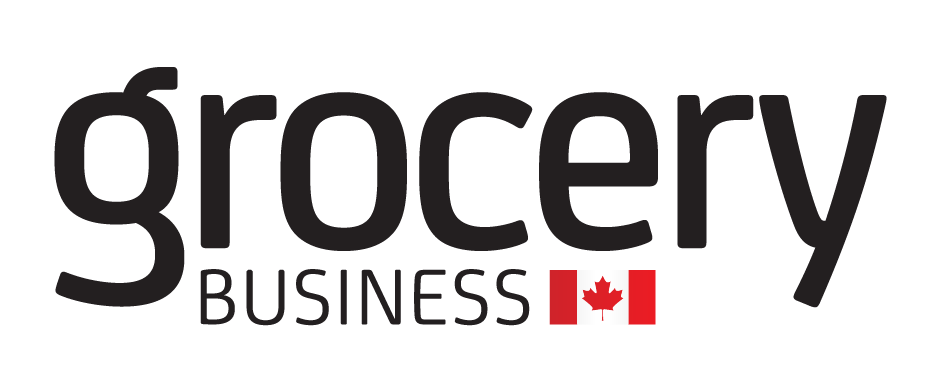
The Grocery Code of Conduct is virtually ready to go, but it has faced challenges in recent months as two of Canada’s largest retailers – Loblaw and Walmart – have been reluctant to sign on to the code with both stating concerns it could raise food prices.
Other industry leaders though say there is no evidence this would occur and a code would instead establish a level playing field for the industry.
The challenge of possible holdouts to the Grocery Code of Conduct is something that the Federal government was aware of as early as last Fall, according to media reports by BNN Bloomberg and CTV news that say documents obtained through access to information legislation shed light on the government’s efforts to convince the two retailers to sign the Code.
“There are ongoing federal efforts to seek commitment from key players, including large retailers like Walmart and Loblaws, to participate in the code,” read a briefing note prepared on Sept. 22 for a meeting between federal agriculture and agri-food minister Lawrence MacAulay and Quebec agriculture and food minister André Lamontagne.
One advocate of the Code is Gary Sands, vice president of government relations for the Canadian Federation of Independent Grocers (CFIG), an association that has been actively involved in the development of the Code along with Food, Health and Consumer Products of Canada (FHCP), the Retail Council of Canada (RCC), Empire Company and Metro Inc. Sands spoke about the code on April 23 in Vancouver during CFIG’s Grocery and Specialty Food West conference and trade show.
“Discussions with Loblaw have been very constructive and I think we’re making progress and I’m feeling very optimistic about it. The fact that these meetings are still taking place and both sides want to continue the dialogue I think is a positive sign.” If all parties don’t sign on to the Code, “the industry-led volunteer Code will collapse in my opinion because there will be others who will say if they’re not signing on I’m not signing on to be bound by the principles of the Code.”
Sands says a voluntary code is preferred over a regulated one because it doesn’t fall under the auspices of the Federal government but rather under the jurisdiction of the provinces.
“So if we cannot get an industry-led volunteer code, we’ll then need to turn to the provinces and try to get them to bring in regulations….I can tell you getting all the provinces and territories aligned on an identical code will be huge challenge.”
Michal Graydon, CEO of FHCP, is still hopeful and told BNN Bloomberg and CTV in regards to meetings with Loblaw “I don’t think it’s dead in the water; I think there is some really strong desire to try to find a solution…my sense is they’re legitimate in their approach to try to find a solution.”
Loblaw spokesperson Catherine Thomas stated via email the company is an “active participant in the ongoing industry process” and is optimistic a code can be finalized that everyone can support.
Walmart spokesperson Sarah Kennedy stated publicly in mid-February that Walmart supports initiatives promoting fairness and reciprocity, and benefiting consumers. “While we have significant concerns about the code in its current form, we will continue to work constructively with the industry on this topic.”

